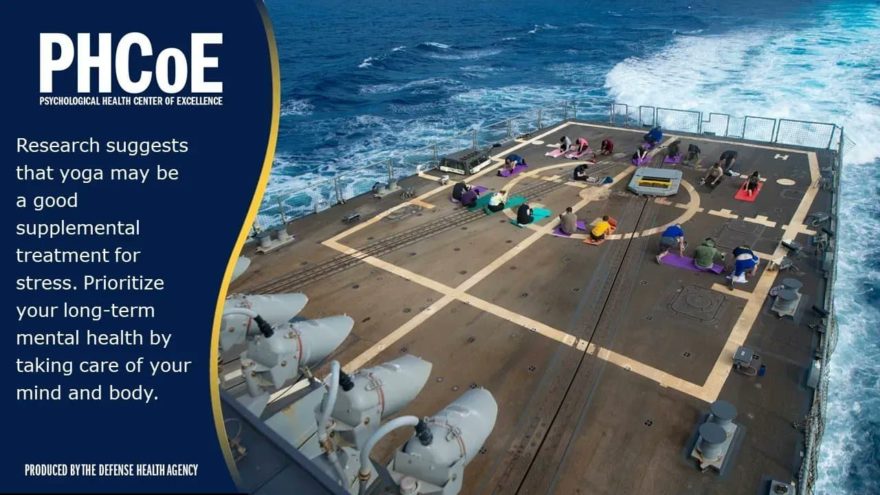If you’re an active duty military member or a veteran with psychological health issues, the Psychological Health Center of Excellence is here to help. It offers prevention, resilience, identification, treatment and outreach services to ensure service members, warriors and their families get the help they need. You can check other related topics on our website, AKO Offline.
One of its operational components, the Defense and Veterans Brain Injury Center (DVBIC), is a research center that focuses on traumatic brain injury. It helps reduce the stigma that still deters some from seeking help for PTSD and TBI.
The Psychological Health Center of Excellence (PHCoE) provides psychological health services, readiness and prevention for Service Members, Veterans and their families. PHCoE collaborates across the Defense Department, Department of Veterans Affairs and other agencies to improve psychological health outcomes.
PHCoE works to prevent, identify, treat, and reintegrate service members with mental health disorders and traumatic brain injury. The organization serves the army, Navy, Air Force, Marines, Coast Guard, National Guard and Reserve, along with their families.
To achieve this mission, PHCoE relies on evidence synthesis, which integrates and contextualizes research findings to inform health care decisions. ICF teams of subject matter experts synthesize existing knowledge and accumulate data to help the PHCoE advance psychological health topics and practices for both active duty and veteran U.S. military service members and their providers.
Military mental health crisis
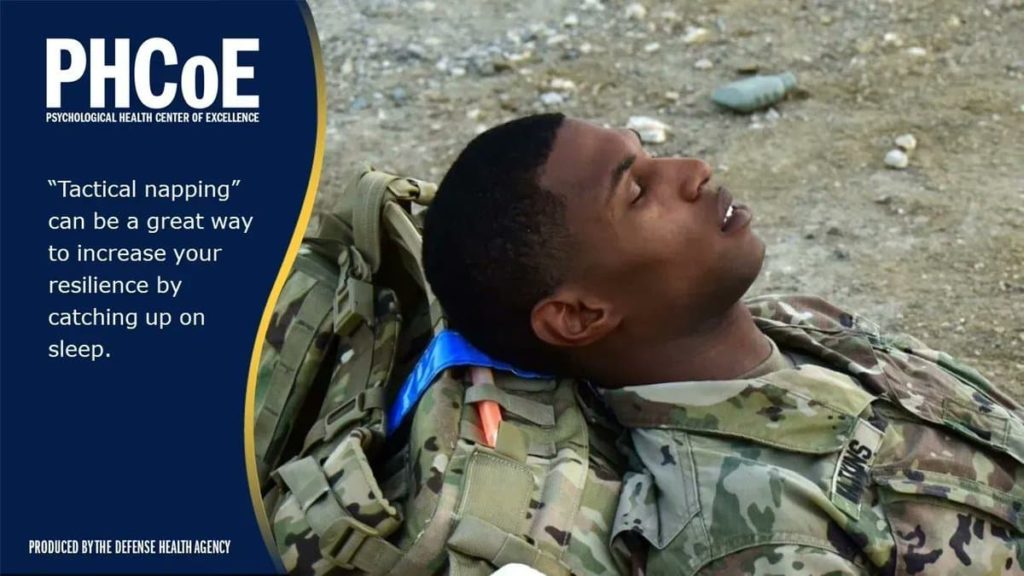
Mental health challenges can have a devastating impact on the military and its members. Service members are exposed to a variety of transitions, including relocation and deployment, as well as stressors caused by combat, which may leave them with anxiety, depression, and PTSD (Post Traumatic Stress Disorder).
Suicide is the leading cause of death among veterans and is often associated with their experiences in war. This problem has become a national crisis, and the Department of Veterans Affairs is working to find ways to help them.
One of the biggest challenges that veterans have when it comes to seeking mental health treatment is stigma. They are often afraid that it will negatively affect their career or security clearance.
Fortunately, the majority of military personnel who seek help for their mental health issues do not experience any negative impacts on their careers. However, those who ignore their symptoms are likely to suffer more serious consequences.
Until the military can develop a better system for mental health care, many veterans may continue to suffer from their mental illnesses. They need a way to get help and be treated properly so they can return home with their families intact.
Military healthcare system
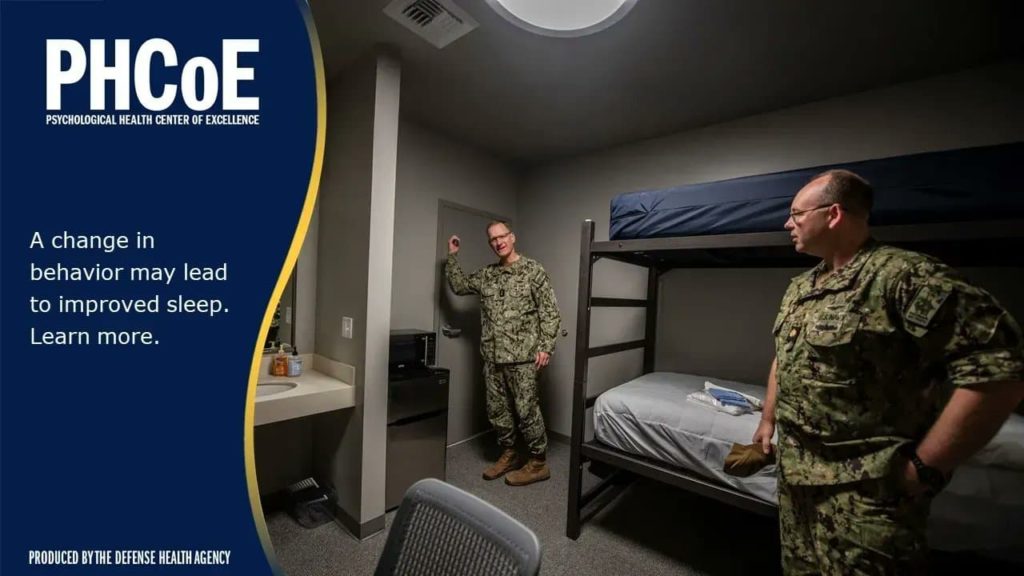
The Psychological Health Center of Excellence offers a range of services for active duty military and their families. These include counseling, assessment and treatment for mental health issues. They also provide resources on PTSD, trauma and other military-related concerns.
The Department of Defense Safe Helpline is a confidential support service that connects survivors of sexual assault to specialized counselors. It is available around the clock, anywhere in the world.
Another program is the National Domestic Violence Hotline, which provides free counseling for victims of abuse. It has a web page and an app that can be downloaded.
In addition to these programs, the Defense Mental Health Agency also offers a number of other services. These include a screening service for depression, anxiety, bipolar and post-traumatic stress disorder.
In addition, the DoD and VA created a Practice-Based Implementation Network to select psychological health practice changes and pilot them. This network works to quickly translate new research into clinical practice changes to improve the quality of care for military and Veterans patients.
Mental health services for active duty military
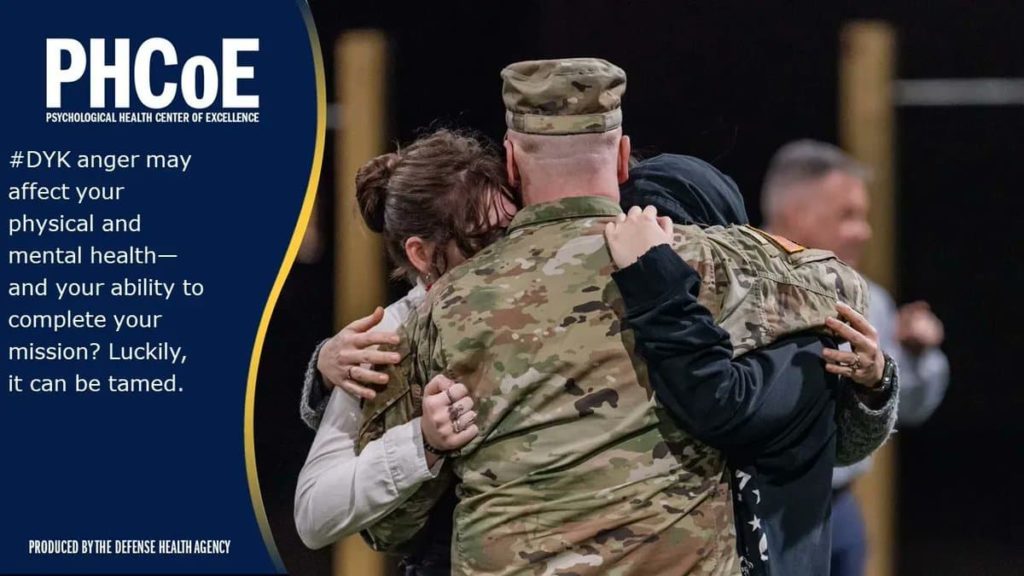
The active duty military community has a unique set of health challenges that can negatively impact their mental health. Fortunately, mental health care is becoming more accessible and effective.
Service members and their families can benefit from a supportive treatment facility that focuses on treating PTSD and other behavioral health issues. These facilities can provide specialized treatments for active duty soldiers and veterans, including inpatient therapy.
Moreover, they can help individuals learn how to cope with trauma and other stressful situations that trigger depression, substance use and other mental health issues. Additionally, these facilities can also help people overcome the stigma that often prevents them from getting needed treatment.
The Department of Defense (DOD) provides mental health services for military servicemembers and their families. During the COVID-19 pandemic, DOD increased its use of telehealth to provide mental health care. During the period from January 2019 through February 2020, telehealth visits made up about 15% of outpatient mental health care visits.
Military mental health organizations
A variety of military mental health organizations provide free and confidential counseling to veterans and service members, including those who have experienced PTSD. They offer specialty consultations, peer support, and transition assistance.
Traumatic experiences are common for military members, especially wartime deployments. They can involve witnessing severe injuries or violent death, experiencing interpersonal violence or sexual assault, and being exposed to natural disasters.
These traumas can have long-term effects on a person’s physical, emotional, and mental health. These include PTSD, depression, and substance use disorders.
In some cases, it can be difficult to identify these symptoms. However, if you notice changes in your sleeping habits or moods, have difficulty managing anger, feel depressed and jumpy, or experience extreme drowsiness or fatigue, these may be signs of PTSD.
The Army’s Psychological Health Center of Excellence (formerly the Deployment Health Clinical Center) provides caring assistance and medical advocacy for military personnel and their families with deployment-related health concerns. The program’s goal is to reduce the number of suicides and other high-risk behaviors among deployed troops by providing comprehensive, integrated Behavioral Health services in a unit-aligned, co-located environment.
Military mental health policy
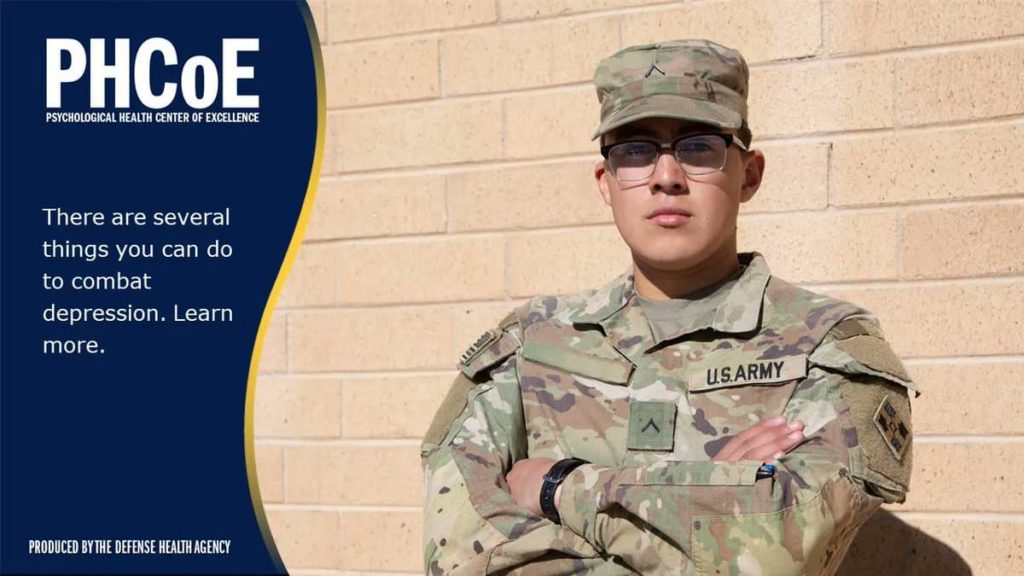
Military service members and their families cope with many different stressors that can have negative impacts on their health. These include traumatic experiences such as combat, deployments and time away from their family.
Suicide is a serious issue for military members and veterans. A recent report says suicides have increased by 40% over the last five years.
The Department of Defense aims to ensure that mental health care is available and accessible to all soldiers and veterans. However, a lack of resources and the stigma surrounding mental health prevents some service members from seeking treatment.
The military has policies regarding psychiatric conditions that are based on the American Psychiatric Association’s Diagnostic and Statistical Manual of Mental Disorders (DSM-5). These policies often have a significant impact on the way military personnel are diagnosed and treated.
military mental health discharge
A military mental health discharge is a type of administrative discharge that involves a service member’s psychiatric condition. These discharges are based on a number of factors, including service member performance, symptom severity and treatment effectiveness.
These discharges can be a major source of stigma for veterans and service members. They may result in disqualification for promotions, assignments or civilian careers and may be the subject of harassment from commands that see emotional problems as an indicator of weakness.
In addition, service members with psychiatric conditions are more likely to receive dishonorable or other punitive discharges than their peers without those same mental health diagnoses.
These discharges can create a difficult situation for soldiers and sailors who want to receive medical care and treatment. They often run into intransigence from command staff and psychiatrists who can view emotional distress as an indication of ineffectiveness or insubordination, which can affect performance evaluations, promotions, assignments and civilian careers.
Military mental health stigma
In the military, where strength and independence are highly valued, it can be challenging for service members to seek mental health care when they feel they need help. They may fear that treatment won’t work or will be detrimental to their careers.
They also may fear that they will be discharged or lose their security clearance if they seek treatment. This military mental health stigma is a barrier to help-seeking for those with PTSD, depression, and other common conditions.
Stigma in the military is a complex issue that involves both the institutional and public contexts of mental health. It can include concerns about losing a job or security clearance for seeking treatment, not being allowed to handle weapons if on medication, and concerns about criminal justice actions taken against service members with mental illness.
There are many ways that service members can reduce their stigmas when it comes to mental health. This includes ensuring that the treatment they receive is effective and private, educating themselves about their own military occupational specialty (MOS) and psychological health policies, and getting support from leaders and supervisors.
